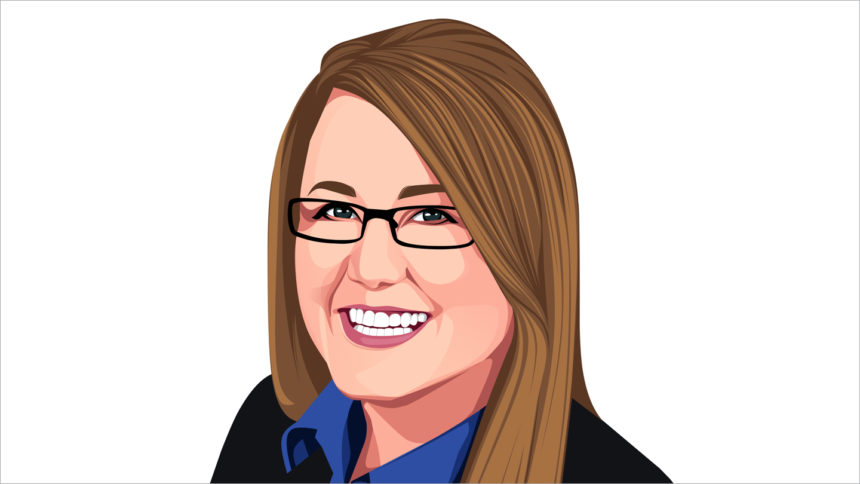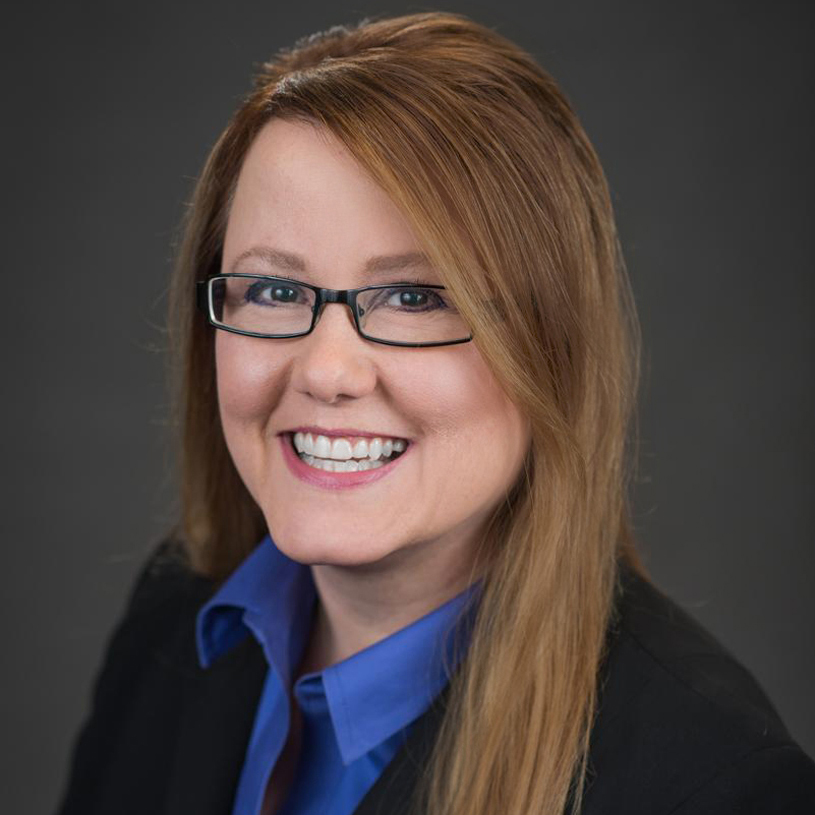

As a journalist striving to bring you the latest news and information of interest as you directly or indirectly serve prospective senior living residents, current residents and their families, my eyes light up when I hear about a study that purports to be about “older adults.”
Imagine my disappointment when I start reading it and realize the study is about 50-year-olds. The study still could be an interesting read, but in my mind, 50 is not old.
People’s ideas of “old” may vary. Many today might say that, generally speaking, “old” is the 80s and older. Of course, some individuals may age more quickly or more slowly than others, and age does not necessarily equate to ability.
I bring up this topic because results of a study released this past week show that over the years, people have changed their ideas about when “old age” begins, and it’s later than it used to be.
“Life expectancy has increased, which might contribute to a later perceived onset of old age,” said Markus Wettstein, PhD, of Humboldt University in Berlin. He was the lead author of “Postponing old age: Evidence for historical change toward a later perceived onset of old age,” published in the American Psychological Association’s journal, Psychology and Aging. “Also, some aspects of health have improved over time, so that people of a certain age who were regarded as old in the past may no longer be considered old nowadays.”
His fellow investigators came from Stanford University, Stanford, CA; the University of Luxembourg; and the University of Greifswald in Germany.
They looked at data from 14,056 participants in the German Ageing Survey, which includes people living in Germany who were born between 1911 and 1974. The participants responded to survey questions up to eight times between 1996 and 2021, when they were aged 40 to 100 years. Additional participants, aged 40 to 85, were recruited throughout the study period as those of later generations entered midlife and old age.
Among the many questions survey participants answered: “At what age would you describe someone as old?”
Later-born participants reported a later perceived onset of old age than earlier-born ones. For instance, when respondents born in 1911 were 65, they said that the beginning of old age was 71. When participants born in 1956 were 65, however, they said that old age begins at age 74, on average.
The researchers also looked at how individual study participants’ perceptions of old age changed as they aged and found that as they got older, they perceived that the onset of old age was later than they previously thought. At 64, the average participant said that old age started at 74.7 years, but when they were 74, they said that old age started at 76.8.
On average, the perceived onset of old age increased by approximately one year for every four to five years of actual aging, the investigators said.
Other findings:
- Women, on average, said that old age started two years later than men, and the difference between men and women had increased over time.
- People who reported being more lonely, in worse health and feeling older said that old age began earlier, on average, than those who were less lonely, in better health and felt younger.
Wettstein said that the results may have implications for when and how people prepare for their own aging, as well as how people think about older adults in general.
“It is unclear to what extent the trend towards postponing old age reflects a trend towards more positive views on older people and aging, or rather the opposite — perhaps the onset of old age is postponed because people consider being old to be an undesirable state,” he said.
Future research will explore those questions, Wettstein said.
In the meantime, this study provides a good opportunity for us to think about our own perceptions of old age.
Lois A. Bowers is the editor of McKnight’s Senior Living. Read her other columns here. Follow her on X (formerly Twitter) at Lois_Bowers.

